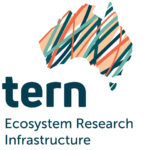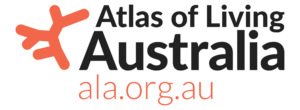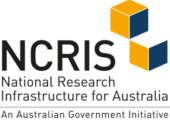What is Open EcoAcoustics? #
Australia’s biodiversity crisis necessitates urgent action to deliver continental-scale monitoring and management of threatened species and ecosystems. Our platform aids ecoacoustics monitoring of these environments and is open to everyone to aggregate and share data, analyses and tools.
Our vision is to enable open science and conservation through the development and promotion of open access ecoacoustics technologies, methodologies and standards.
Our Work #
We provide a dedicated ecoacoustics platform that is open to everyone, so that it can aggregate and share data, analyses and tools, and interoperate with downstream services. We support FAIR data by developing standardised metadata and third party analyses by moving to flexible workflow technologies (PBS, docker). We accelerate data analysis by publishing a shared repository of annotated datasets and recognisers. We interface to other systems, including TERN, ALA, EcoCommons and citizen science sites, through services and shared tools.
Monitoring #
Ecoacoustic monitoring provides a non-invasive, complementary strategy to other forms of ecological surveying, supporting the study of wildlife populations and environments.
Data #
Ecoacoustic data provides a record of soniferous fauna allowing the answering of ecological questions such as species occupancy, abundance, behaviour, species richness, and showing trends over time and space. See examples of repositories of Ecoacoustic data.
Who we are #
We are a collection of ecologists, computer scientists, and environmental managers. Our community extends to Universities, Museums, Government agencies, and Non-Government Organisations such as BirdLife, Australian Wildlife Conservancy, Bush Heritage and the Nature Conservancy.
Partners #


![]()



The Open Ecoacoustics project acknowledges Australia’s First Peoples and Nations. We recognize their long and continuing connection to country, lands, winds and waters throughout Australia. For tens of thousands of years, the First Nations owners have gathered to share their scientific knowledges that are integral to Indigenous cultures and the sustainable use of country. We honor this and recognize these lands have always been places of teaching, researching and learning. We pay our respects to all Aboriginal and Torres Strait Islander peoples and we welcome opportunities to learn from them and share our learnings.
Open Ecoacoustics received investment (https://doi.org/10.3565/ts8c-ee10) from the Australian Research Data Commons (ARDC). The ARDC is enabled by the National Collaborative Research Infrastructure Strategy (NCRIS).